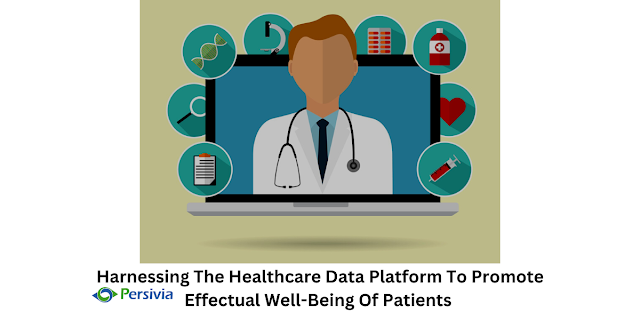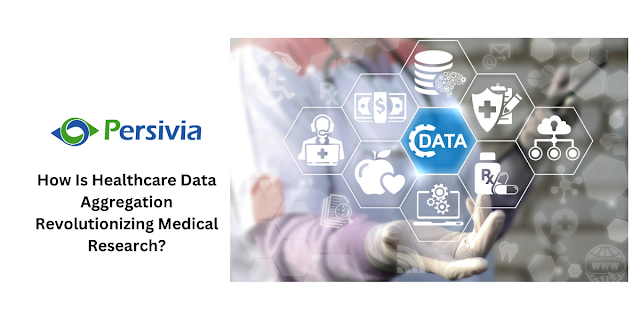Harnessing The Healthcare Data Platform to Promote Effectual Well-Being of Patients
The digital age has created many opportunities for healthcare providers to achieve better patient outcomes. One way to stay ahead of the curve is by leveraging the power of the Healthcare Data Platform. It collects, analyzes, and interprets vast amounts of patient data to inform medical decisions and promote better patient health outcomes.
Healthcare Data Aggregation
A Healthcare Data Platform has been developed as an operational tool for collecting, integrating, analyzing, and sharing various types of health information from disparate sources. Data Aggregation in Healthcare is achieved by leveraging tools such as electronic medical records (EMR), laboratory results, imaging studies, and genomic data. Healthcare professionals can gain real-time insights into population health trends and patient outcomes that may not readily appear in traditional practices.
This type of Healthcare Data Aggregation enables organizations to make better decisions about their patient's health by providing an aggregated view of all relevant health data. The platform also provides insights into population trends that may be used for public health initiatives or targeted interventions tailored to specific demographics.
Simplifying Complexity Through Healthcare Data Aggregation
Data Aggregation in Healthcare covers some major processes to facilitate the whole course.
• Leveraging Patient Records
The first step in data aggregation is collecting the necessary information from each patient's medical record, including demographics such as age, sex, race/ethnicity, insurance status, or other relevant medical histories.
• Data Processing
The collected data is standardized, combining all disparate clinical, administrative, and financial datasets into one unified source.
• Gaining Insights from Data
The standardized data system reveals pertinent information and creates powerful visualizations that comprehensively view the individual's health.
• Clinical Decision Support Systems
This data is then used to identify appropriate evidence-based treatments or interventions for each patient. Using this technological advancement, healthcare professionals can make better-informed decisions regarding diagnosis and treatment to improve the quality of care they provide.
Final Verdict
The healthcare industry has made great strides in harnessing data platforms to promote practical well-being. By utilizing data-driven strategies, healthcare professionals can better understand their patient's needs and create tailored interventions that can help improve overall health outcomes. The potential offered by this technology is immense, and its adoption into healthcare systems should be encouraged.




Comments
Post a Comment